Immerse yourself in the aromatic world of our on-site specialty coffee producer, Munduk Coffee where we cultivate the finest coffees in North Bali, offering guests a unique opportunity to witness the complete ‘bean to cup’ journey. Hand-picked with meticulous care when the cherries reach their deepest crimson hue, our harvest typically spans July to September, yielding just a few tones of exquisite beans. Discover the true essence of Balinese coffee at Munduk Moding Plantation.
Munduk Organic Coffee Plantation was established by a Balinese and European partnership with the goal of reviving high-quality coffee production in Bali’s central hills region. By doing so, we aim to generate sustainable incomes for farmers, protect the environment, support the local community, and produce exceptional coffees. Sample our exceptional coffees at MMP or have them delivered to your doorstep. Visit our modern processing and roasting facilities to learn about our specialty coffee through roasting and cupping sessions. Introductory sessions are included in our MMP Experience Program. Coffee offers several environmental advantages over other cash crops. The shade trees necessary to protect coffee plants act as small reservoirs, conserving water and preventing soil erosion during the rainy season. This in turn attracts insects and birdlife, contributing to the rich biodiversity on our Plantation. Organic coffee farming in Bali is a sustainable practice that does not deplete the land. Unlike cash crops like oranges, flowers, or cloves, coffee can be cultivated in the same location for many decades. Nestled at approximately 1,200 meters above sea level, MMP’s microclimate is ideal for coffee cultivation, introduced to the region by the Dutch in the 19th century. We continue to cultivate descendants of the coffee trees reportedly from Sulawesi. Historical records from Dutch times indicate large-scale coffee production in the area. Until the 1980’s, the hill stations of Gobleg and Munduk were renowned as the island’s most productive coffee-growing regions. After harvest, coffee beans were transported to lower altitude villages on horseback or dried by farmers in open fields. The dramatic decline in coffee prices in the 1990’s led many farmers to abandon coffee cultivation in favor of more lucrative cash crops. This shift resulted in soil erosion and falling water tables. At MMP, we’ve been advocating for coffee cultivation among our neighbors, emphasizing its long-term benefits for the region and its population. We work with our partners to grow organic coffee, secure better prices, and streamline the production chain to ensure farmers receive a fairer share of the revenue. While coffee farming requires patience, with trees taking ~3 years to bear fruit, we believe that rising international prices and active support from local leadership will enable our partners to succeed. A portion of the revenue from our coffee sales is channeled back to the Gobleg and Munduk communities through our Munduk Foundation, which supports local projects and community development initiatives. All the coffee you enjoy at MMP is homegrown. Indulge in our various organic coffees made from our Munduk Arabica beans, crafted through different processing techniques. Our Espresso Blend, sourced entirely from Bali, is a perfect foundation for cappuccinos, macchiatos, and lattes. Please refer to the attached Munduk Coffee™ product for more detailed information on our harvesting and processing techniques, as well as tasting notes. Savor the rarest of the rare: our wild Luwak coffee. This extraordinary brew is crafted from beans that have undergone a unique journey through the digestive tract of the elusive Asian palm civet, or luwak. Luwaks, naturally drawn to our lush forest, feast on ripe coffee cherries alongside a diet of fruits like bananas and papayas. We carefully collect the beans they leave behind, ensuring they’re thoroughly cleaned and roasted to perfection. Our wild Luwak coffee offers a distinctive, aromatic taste without a hint of bitterness. It’s a testament to the purity of the process and the unique environment of our plantation. While production is limited due to the natural habits of the luwak, we’re committed to offering this exquisite coffee to our discerning guests. We proudly source our Luwak coffee ethically, respecting the natural habitat of these fascinating creatures. We abhor the inhumane practice of caging and force-feeding luwaks, which sadly occurs elsewhere. By choosing our wild Luwak coffee, you’re indulging in luxury with a conscience. Munduk Coffee
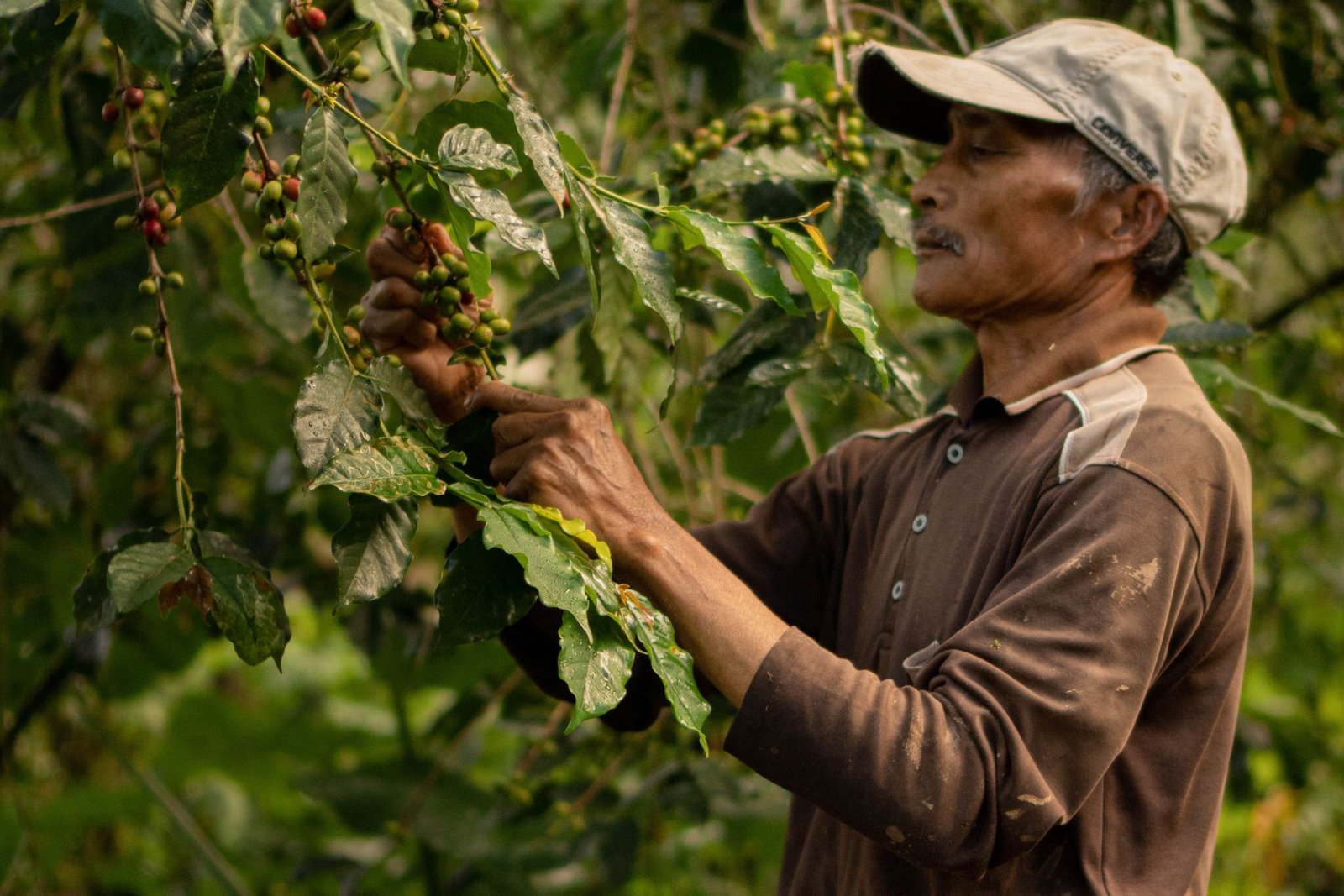
Roots
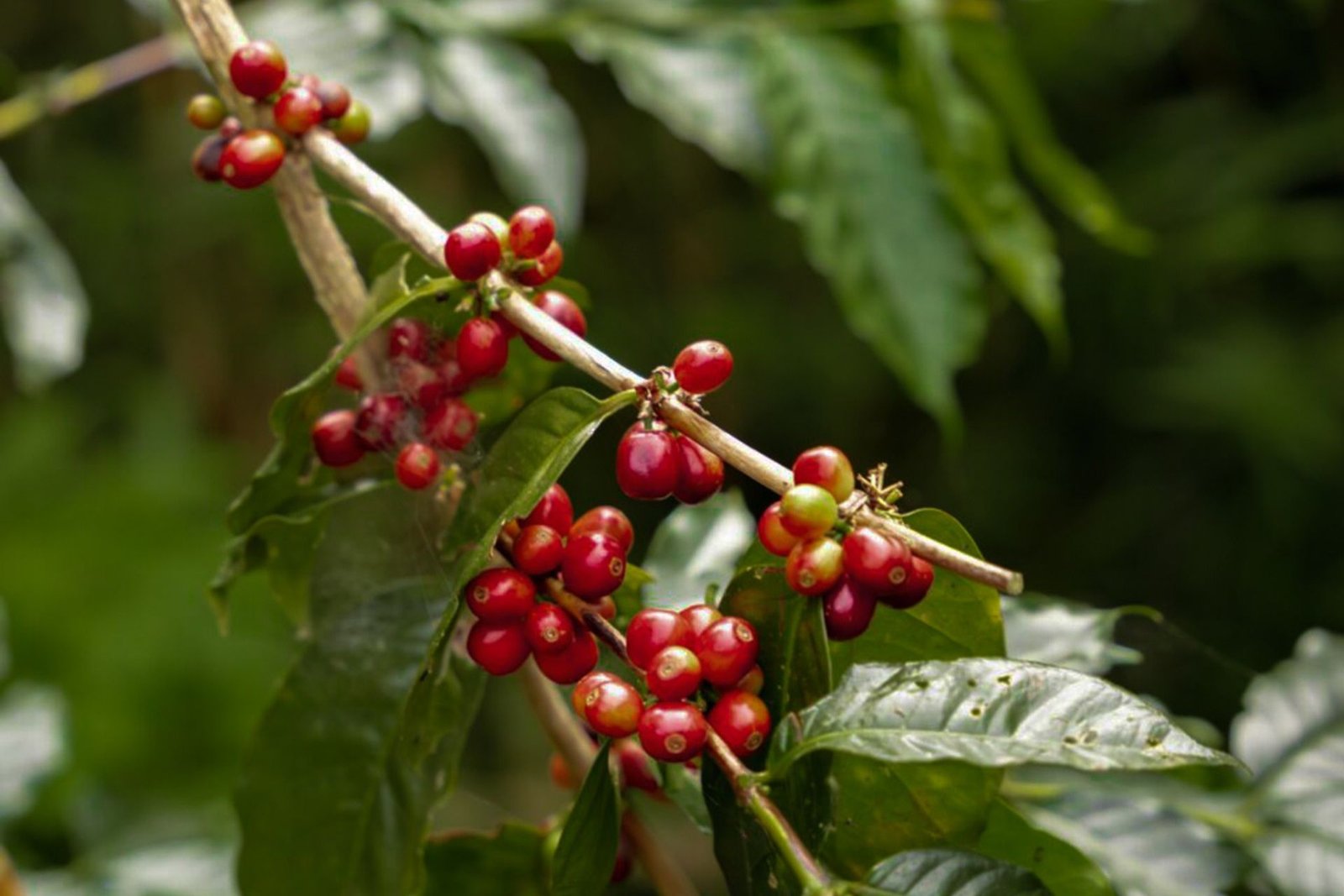
Experience
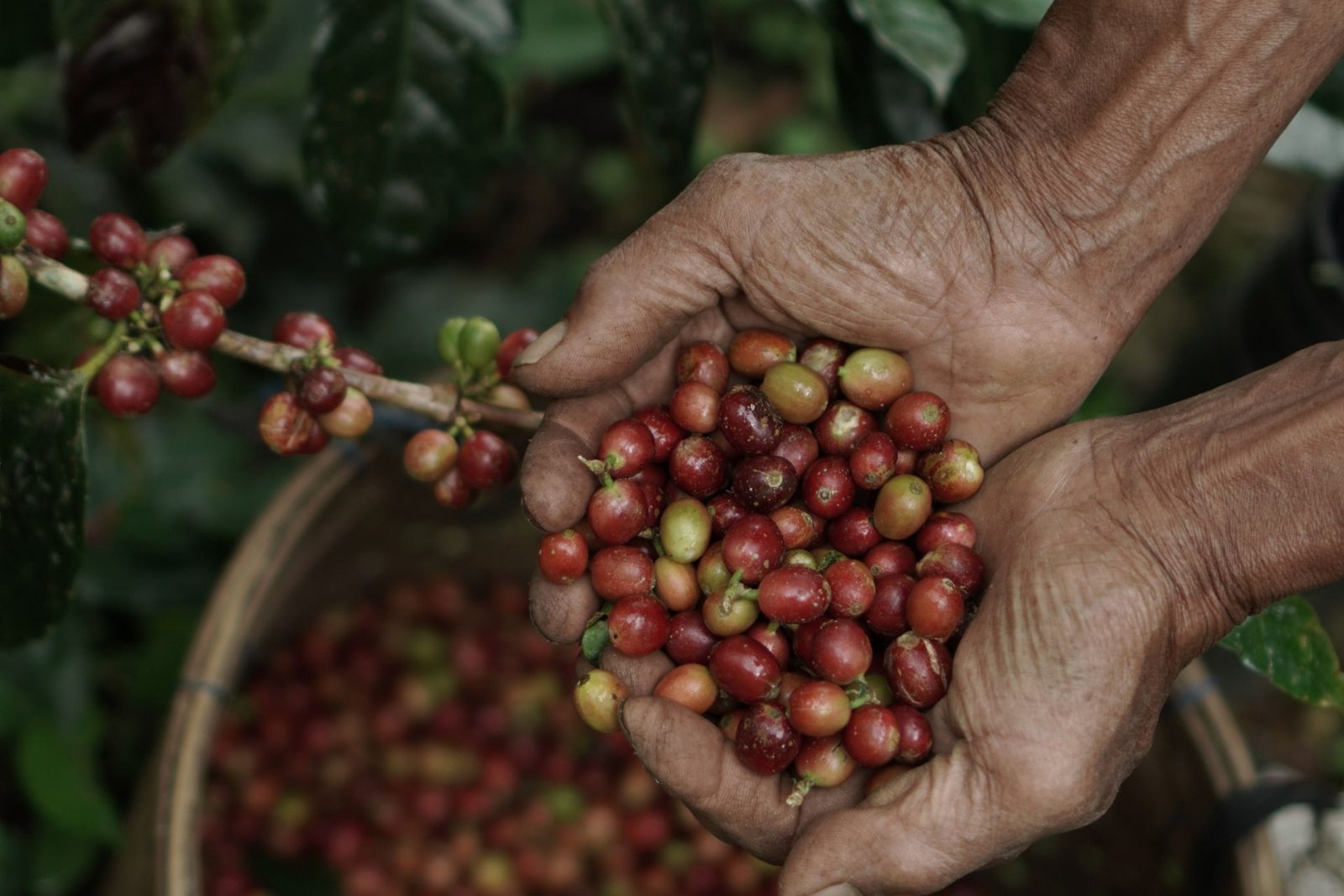
Environment
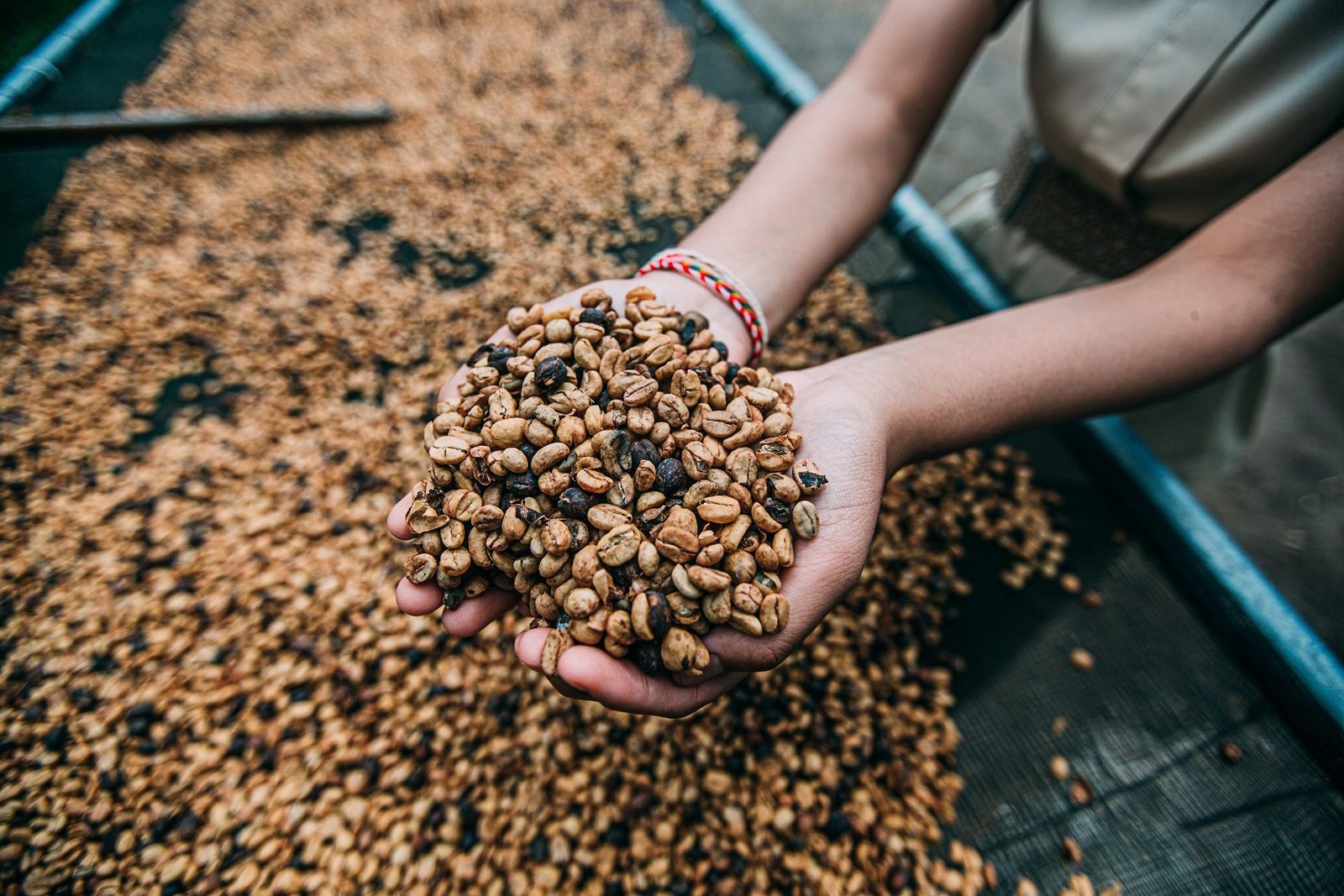
Microclimate
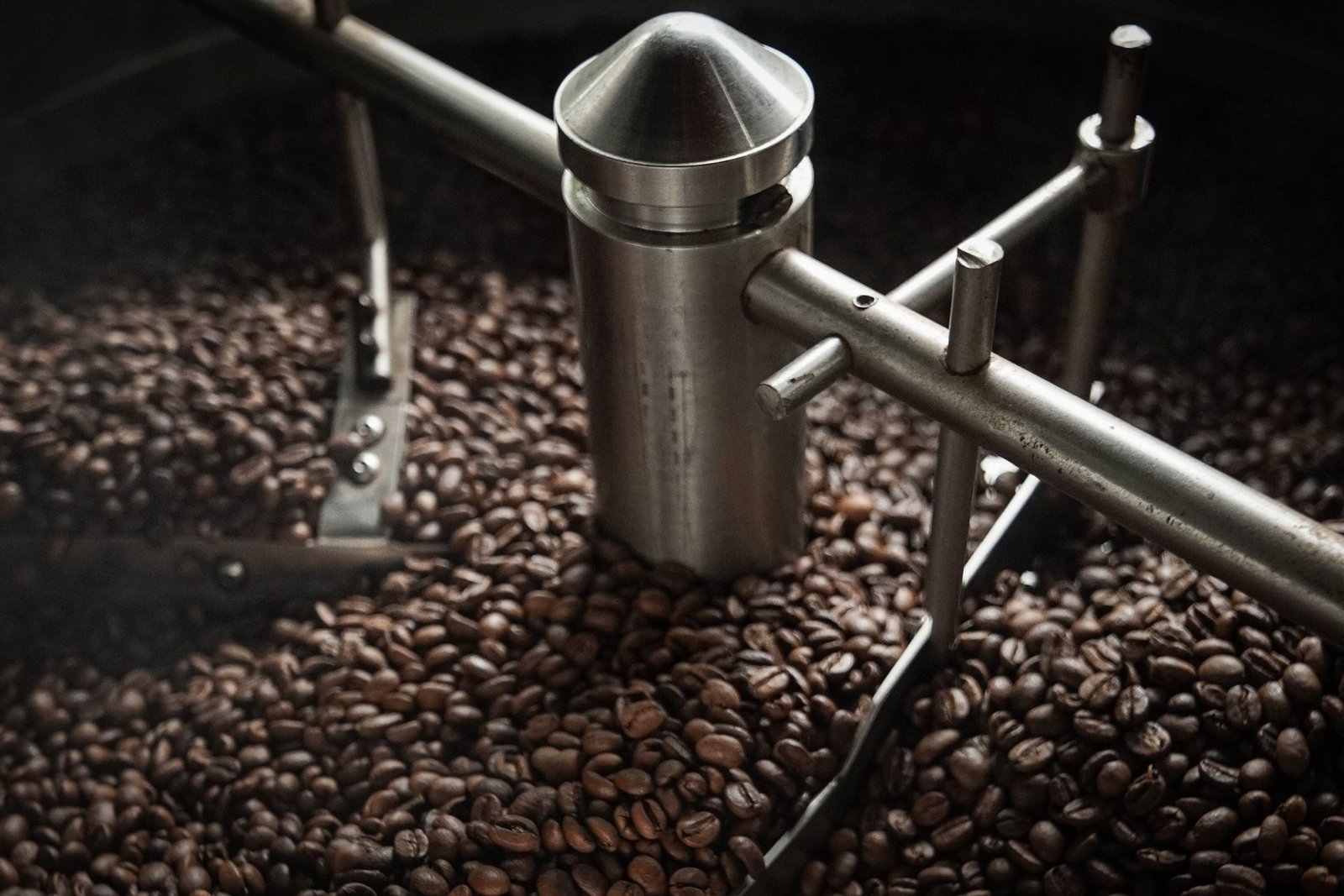
Reviving Coffee Culture
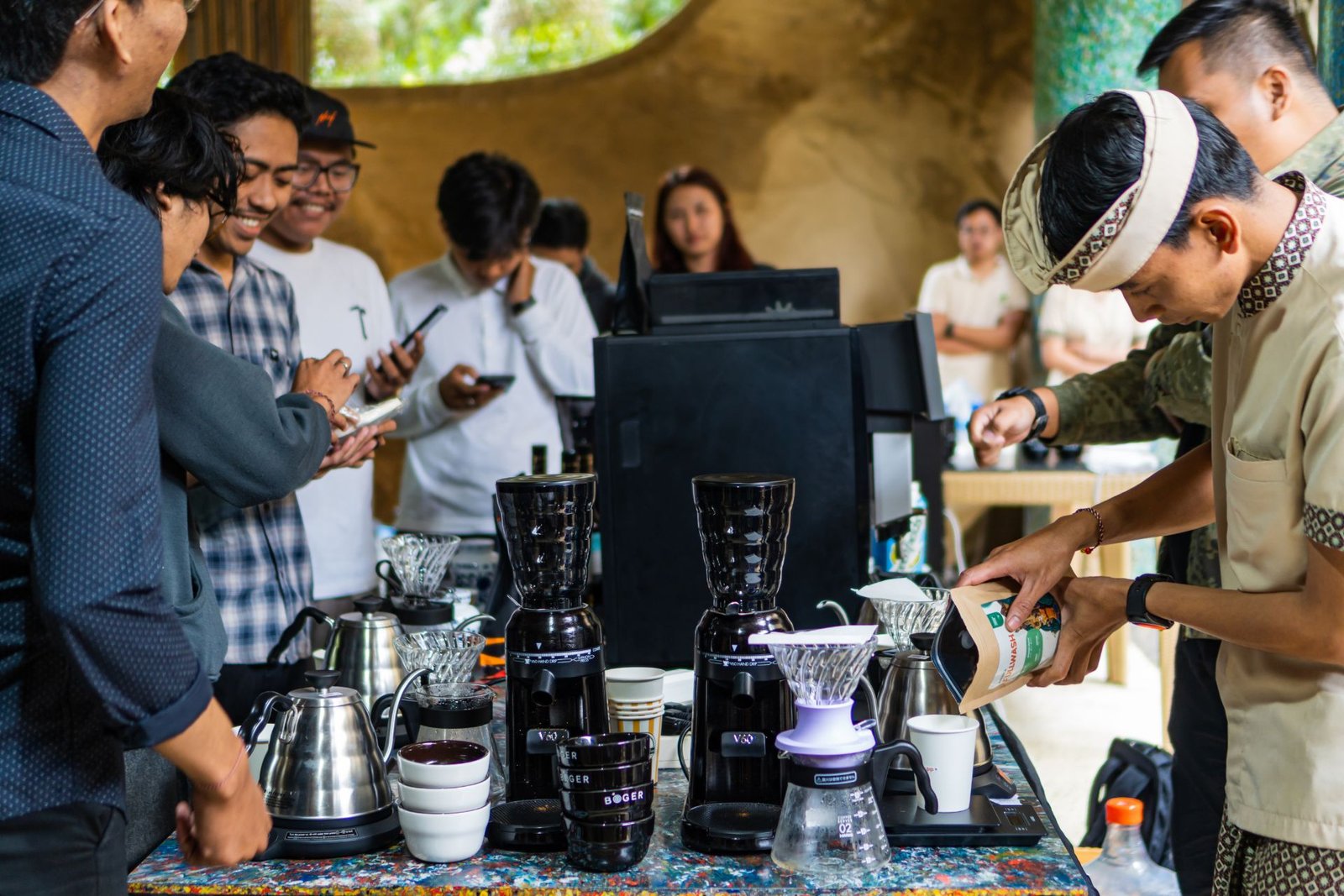
Homegrown
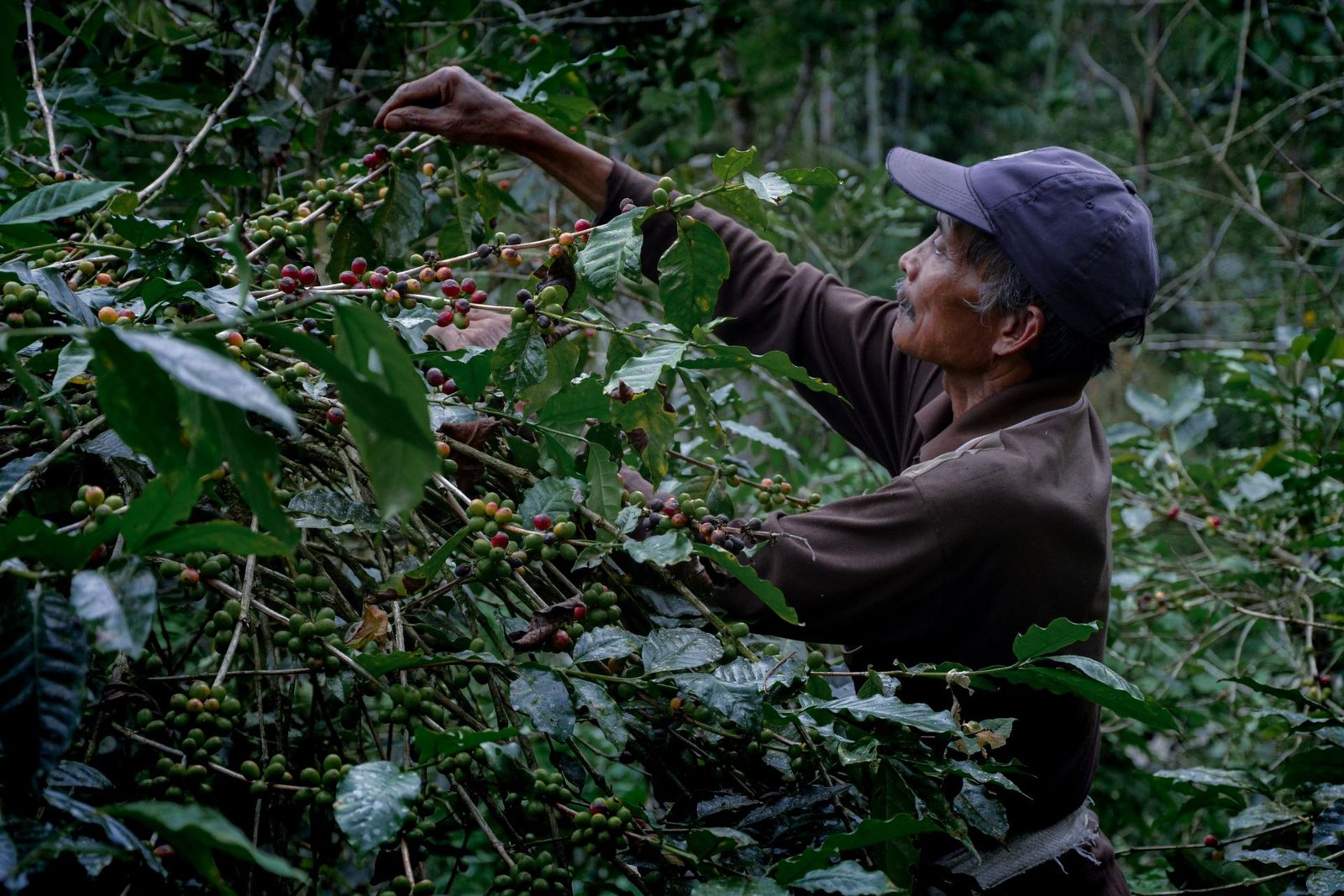
Indulge in the Extraordinary: Wild Luwak Coffee
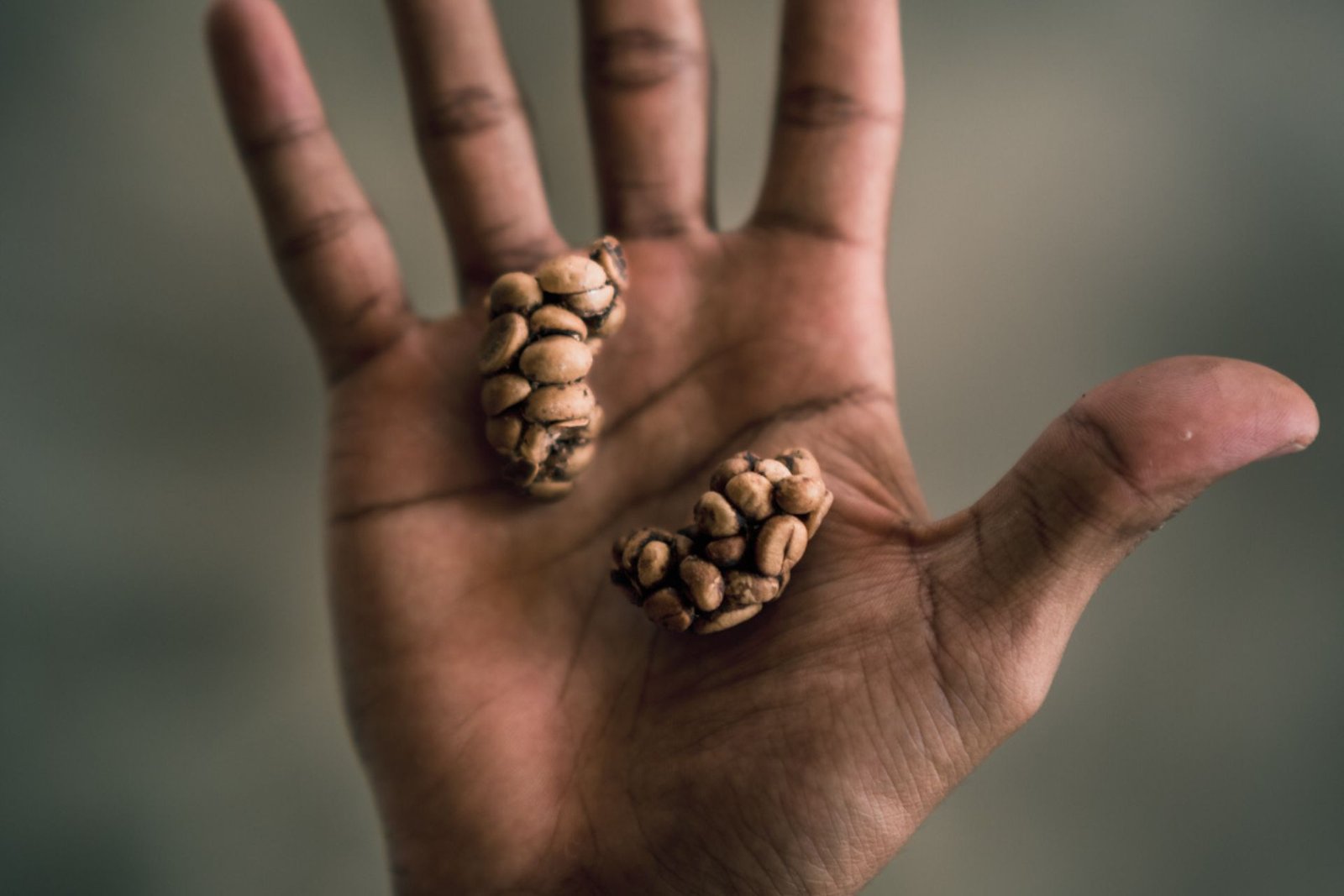
Nature’s Alchemy
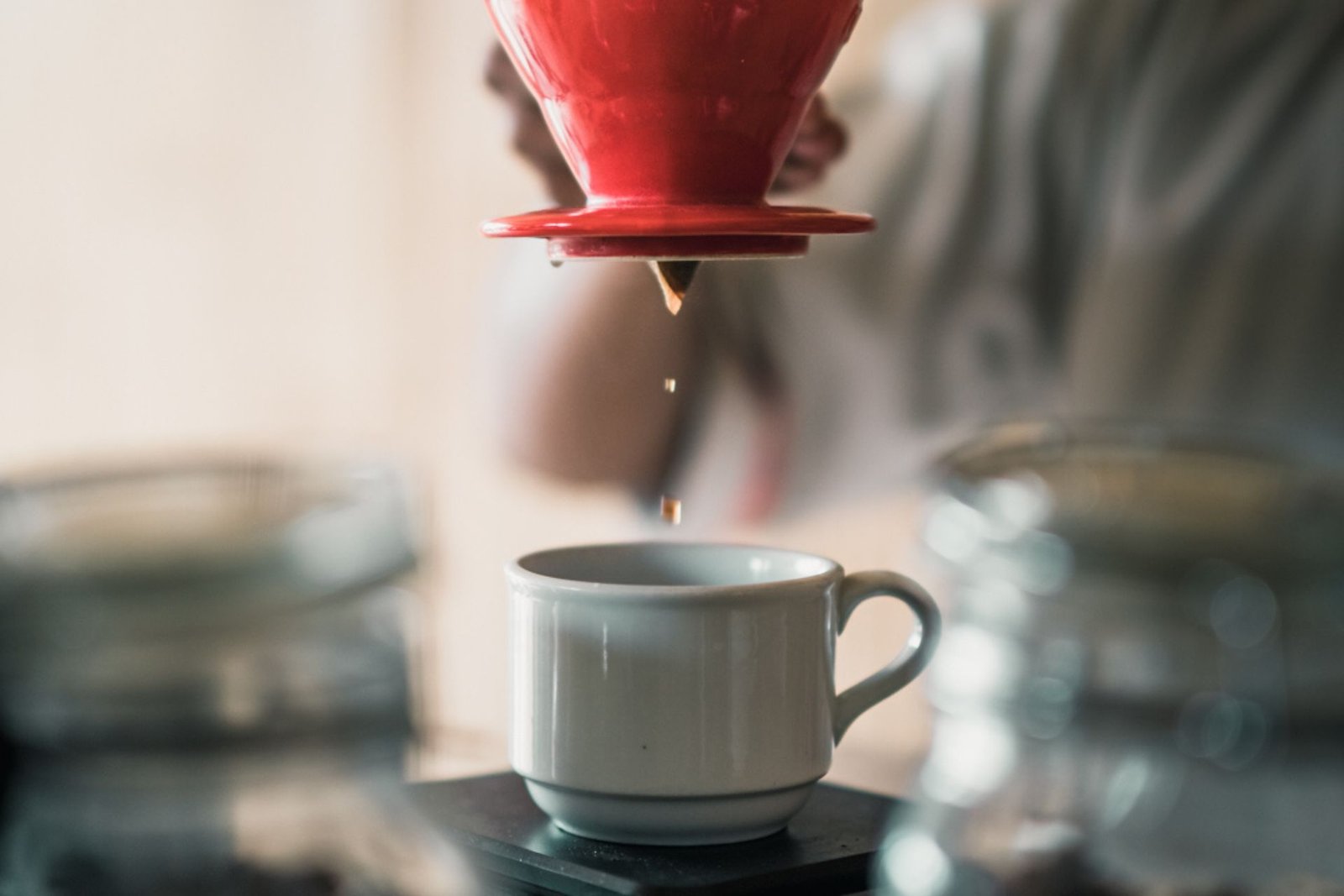
A Taste of the Wild
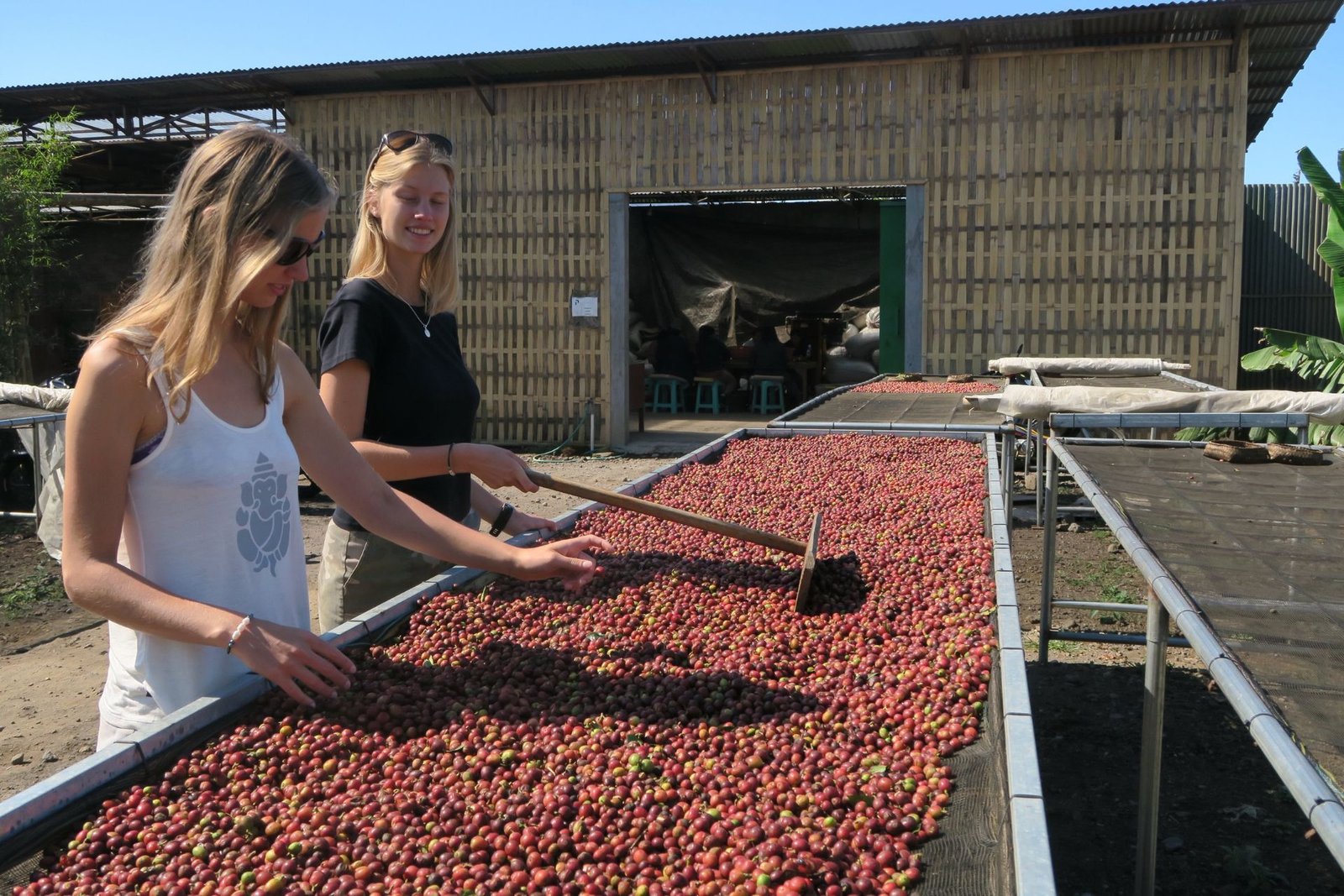
Ethical Sourcing



